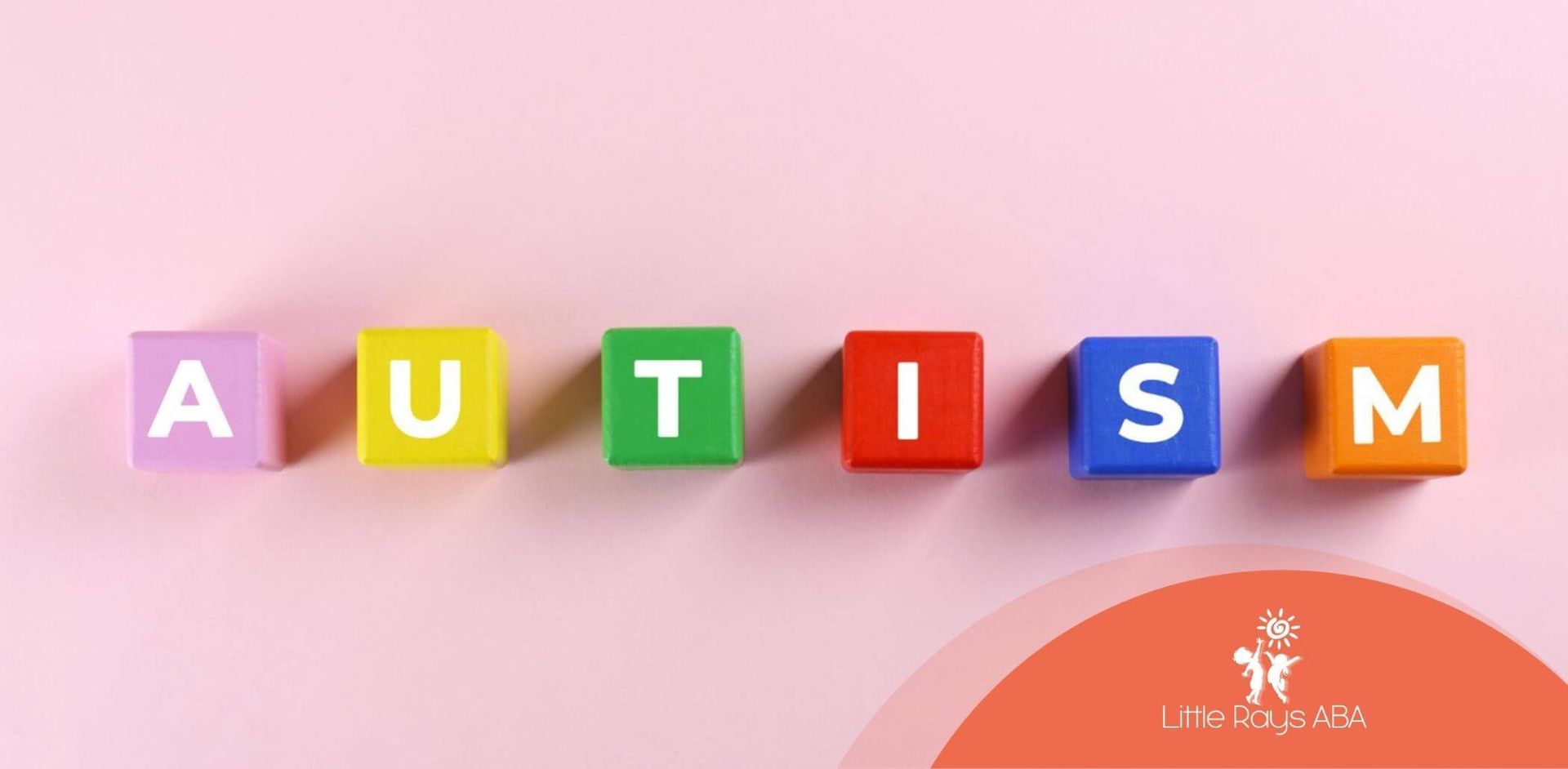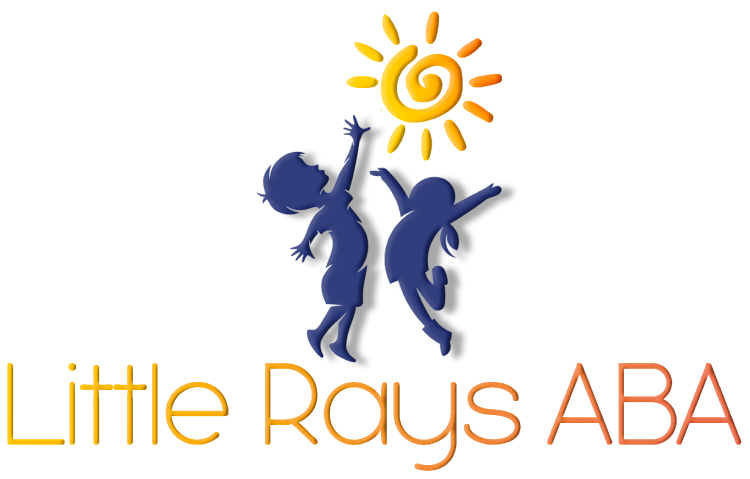
Is Elon Musk Autistic? A Closer Look at His Diagnosis and the Autism Spectrum
Elon Musk is one of the most well-known entrepreneurs in the world, known for leading companies like Tesla, SpaceX, and Neuralink. But beyond his tech achievements, there’s been widespread interest and discussion about his neurodivergence. So, is Elon Musk autistic? Yes—Musk publicly shared that he is on the autism spectrum, and his openness has contributed to broader conversations about autism in adults and high-functioning autism.
In this blog, we’ll explore what Musk’s diagnosis means, how it reflects the diversity of the autism spectrum, and what his story can teach us about neurodiversity, strengths, and challenges.
Elon Musk's Autism Diagnosis: What He Said
Elon Musk confirmed he has autism in 2021 during his appearance on Saturday Night Live (SNL). While hosting the show, Musk stated in his opening monologue:
“I’m actually making history tonight as the first person with Asperger’s to host SNL… or at least the first to admit it.”
This moment marked the first time Musk publicly acknowledged his diagnosis, and it was seen by millions of viewers worldwide.
His statement sparked public curiosity and raised awareness about adult autism diagnoses, particularly among high-profile individuals. Musk referring to Asperger’s Syndrome—a term previously used to describe a subtype of autism—also led to renewed conversations about how autism is classified and understood today.
Asperger's Syndrome and the Autism Spectrum
For many years, Asperger’s Syndrome was considered a separate diagnosis from autism. People with Asperger’s were often described as having average or above-average intelligence and fewer language delays, though they still experienced challenges in social interactions and rigid or repetitive behaviors.
However, in 2013, the Diagnostic and Statistical Manual of Mental Disorders (DSM-5) revised the classification. Asperger’s Syndrome was folded into the broader category of Autism Spectrum Disorder (ASD). Now, individuals formerly diagnosed with Asperger’s are understood as being on the autism spectrum, typically falling into what is informally called “high-functioning autism.”
What Does It Mean to Be on the Autism Spectrum?
Autism is a neurodevelopmental condition that affects how a person communicates, interacts, and processes sensory information. The term “spectrum” reflects the wide range of abilities and challenges that autistic individuals may experience. No two people with autism are exactly alike.
Common characteristics of autism include:
- Social communication difficulties (such as interpreting tone or body language)
- Restricted or repetitive behaviors or interests
- Sensory sensitivities
- Need for routine or sameness
- Strong focus or intense interests in specific subjects
While autism is often diagnosed in early childhood, many adults—like Elon Musk—are diagnosed later in life, especially those with milder symptoms who may have gone undiagnosed in childhood.
How Elon Musk’s Traits Reflect Autism
Though Musk has only briefly discussed his diagnosis, observers have often commented on characteristics that align with autism spectrum traits. Some of these include:
1. Intense Focus and Interests
Musk is known for his extraordinary drive and deep interest in areas like space, artificial intelligence, and electric vehicles. Hyperfocus and intense interest in specific subjects are common among autistic individuals.
2. Social Communication Style
Musk has described himself as not naturally good at making eye contact or reading social cues—another common autism trait. He has also stated that he often takes things literally and may struggle with small talk.
3. Honesty and Directness
Musk has a reputation for being blunt or overly direct, traits that are sometimes seen in autistic individuals who may prioritize clarity over social norms.
4. Innovative Thinking
Many on the autism spectrum have unique ways of thinking, problem-solving, and approaching challenges. Musk’s innovative ideas and ability to think outside the box could, in part, be related to his neurodivergence.
Public Reaction to Musk’s Announcement
Elon Musk’s public acknowledgment of his autism diagnosis was met with a mix of reactions. Many in the autism community expressed appreciation for his openness, feeling that it helped reduce stigma and normalize adult diagnoses. Others felt that his experience doesn’t reflect the challenges many autistic individuals face—especially those who require significant support.
It's important to recognize that Musk represents just one experience of autism. The spectrum is broad, and people with autism can have vastly different needs, abilities, and challenges.
Autism in Adults: A Growing Awareness
Musk’s diagnosis has contributed to a growing conversation around autism in adults. While autism is often associated with childhood, many adults are now being diagnosed later in life—sometimes after a child or sibling is diagnosed, or when they begin to seek answers for social difficulties, sensory issues, or challenges at work.
Signs of autism in adults may include:
- Feeling socially different or misunderstood
- Struggling with change or routine disruptions
- Sensory sensitivity (e.g., to noise, lights, textures)
- Difficulty understanding sarcasm or social nuance
- Strong need for personal time or solitude
Because autism can be masked or misunderstood—especially in women or individuals with high intelligence—many adults spend years without a diagnosis.
The Importance of Neurodiversity
Elon Musk’s example highlights the value of neurodiversity, a concept that encourages society to view neurological differences (like autism, ADHD, and dyslexia) as variations in the human brain rather than deficits.
Neurodivergent individuals can bring incredible strengths to their fields—innovation, attention to detail, creative problem-solving, and a fresh perspective. However, they may also need accommodations and understanding to thrive, whether in the workplace, school, or social environments.
Challenges Still Exist
While Musk is a successful example of someone on the spectrum, many autistic individuals face significant challenges in daily life. These can include:
- Sensory overload in public places
- Difficulty forming and maintaining relationships
- Barriers to employment or understanding in the workplace
- Access to education and therapies
Autism support is essential—not just in childhood, but throughout life.
Why Representation Matters
When high-profile figures like Elon Musk share their diagnosis, it helps:
- Raise awareness
- Challenge stereotypes
- Promote acceptance
- Encourage others to seek diagnosis and support
Representation helps people feel less alone and opens up conversations that lead to better understanding and inclusion.
Final Thoughts
So, is Elon Musk autistic? Yes, he has confirmed that he is on the autism spectrum. While his experience is not reflective of all autistic individuals, it has helped bring autism—especially in adults—into the spotlight. His success story reinforces the message that autistic individuals can thrive, innovate, and make extraordinary contributions to society when they receive the right support.
At Little Rays ABA, we recognize the full potential of every individual on the spectrum. Our mission is to provide compassionate, evidence-based therapy to help children and families succeed in their unique journeys. If you're looking for support or have questions about autism and ABA therapy, we’re here to help.
Frequently Asked Questions
Is Elon Musk officially diagnosed with autism?
Elon Musk has publicly stated that he is on the autism spectrum, mentioning Asperger’s Syndrome during his Saturday Night Live appearance. This is a self-disclosed diagnosis, and he has spoken openly about some of the traits associated with autism.
What is the difference between Asperger’s and autism?
Asperger’s Syndrome was once considered a separate diagnosis but is now part of the broader Autism Spectrum Disorder (ASD). Individuals formerly diagnosed with Asperger’s typically have average to above-average intelligence and fewer language delays but still experience challenges in social situations and behavior.
Can adults be diagnosed with autism?
Yes, many adults are diagnosed with autism later in life. Often, they may seek evaluation after recognizing long-standing social or sensory difficulties, or after a family member is diagnosed. Adult diagnoses are becoming more common as awareness grows.
Sources:
- https://www.autismspeaks.org/asperger-syndrome
- https://trueprogresstherapy.com/
- https://pmc.ncbi.nlm.nih.gov/articles/PMC9579965/
- https://www.autism.org.uk/advice-and-guidance/topics/sensory-differences/sensory-differences
- https://www.scholarsandstorytellers.com/blog/how-to-diversify-autism-representation-in-the-media-and-why-intersectionality-matters
Related Posts





